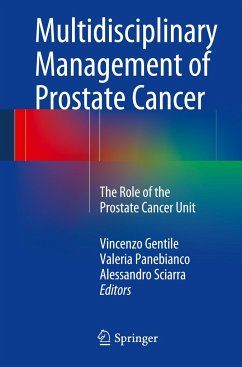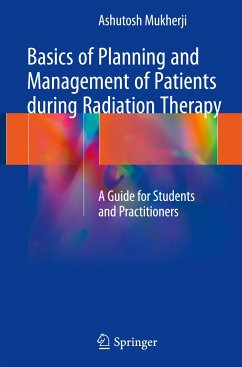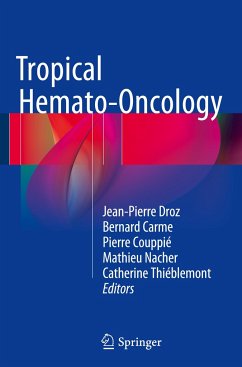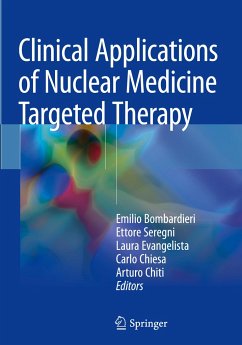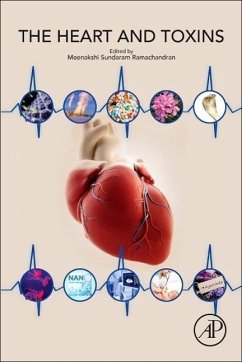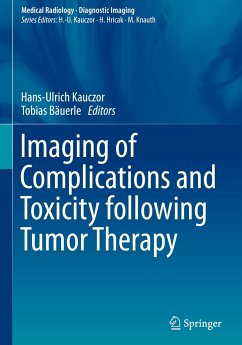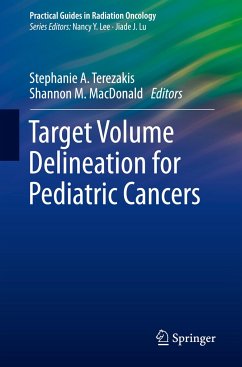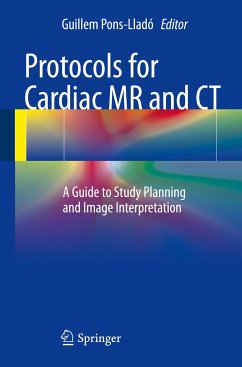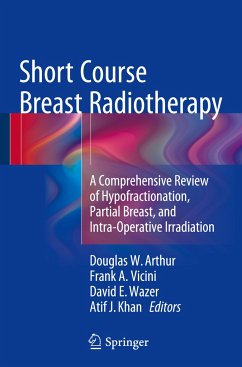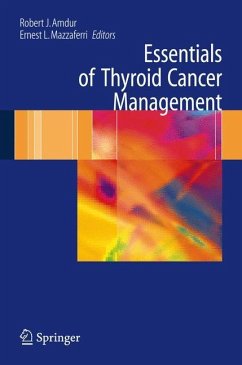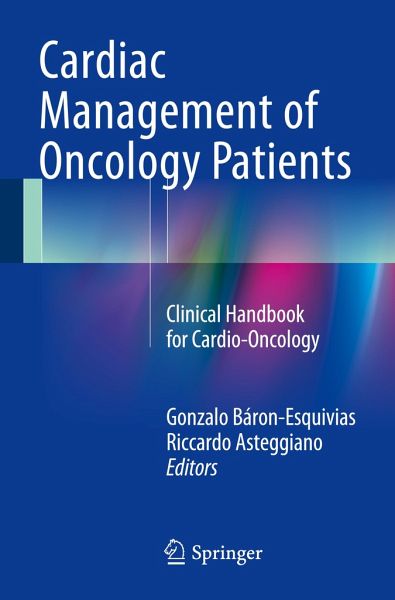
Cardiac Management of Oncology Patients
Clinical Handbook for Cardio-Oncology
Herausgegeben: Baron Esquivias, Gonzalo; Asteggiano, Riccardo

PAYBACK Punkte
19 °P sammeln!
This book is designed for clinical cardiologists and other physicians working with cardiac patients, where specific specialized teams of cardio-oncologists are not available and who are called to perform a clinical consultation to evaluate both the cardiac condition and the eligibility for chemotherapy or radiotherapy treatment, and to evaluate if a cancer treatment produces toxic effects on a patient treated with chemo or radiotherapy and if appearance of new symptoms is due to this treatment. In recent years, progress in oncologic therapy has resulted in important developments and the progno...
This book is designed for clinical cardiologists and other physicians working with cardiac patients, where specific specialized teams of cardio-oncologists are not available and who are called to perform a clinical consultation to evaluate both the cardiac condition and the eligibility for chemotherapy or radiotherapy treatment, and to evaluate if a cancer treatment produces toxic effects on a patient treated with chemo or radiotherapy and if appearance of new symptoms is due to this treatment. In recent years, progress in oncologic therapy has resulted in important developments and the prognostic improvement of patients with malignancy. The cornerstone of chemotherapy are the anthracyclines (and the analogue Mitoxantrone), that are direct cellular toxic agents and that are among the most powerful anti-neoplastic drugs, but their cardiac toxicity is well known. Significant breakthroughs in cancer therapy have also been achieved with the introduction of signalling inhibitors, suchas VEGF inhibitors, HERB2 inhibitors or TK inhibitors used alone or in combination with direct cellular toxic drugs. However, these signalling inhibitors may interact also with cardiovascular signalling and therefore may have functional or structural effects on the myocardium. This can be permanent or reversible, with impairment of the global conditions and important side effects, and increase both morbidity and mortality and worsening of quality of life. Chemotherapy and radiotherapy can have acute detrimental effects that can be present for years after treatment and that can lead to cardiac consequences also after long periods of no clinic sequelae. Patient numbers with cancer problems will dramatically increase in the next years and thus every cardiologist will need to have the correct information and the skills to manage these situations in the correct way. This book will provide these tools for them.




